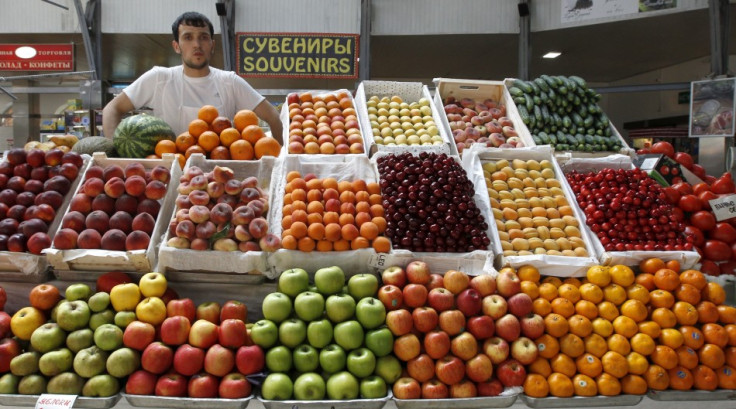E.coli 2011 outbreak: Deadly bacteria is 'a new strain'

Scientists analysing the deadly new E.Coli strain in Europe have found the bacteria combines a highly poisonous but common toxin with a rarely seen "glue" that binds it to a patient's intestines, Reuters reports.
The outbreak has claimed the lives of at least 17 people and left more than 1,500 ill across Europe. The global team of researchers has warned that it may be months before scientists fully understand the characteristics of the bacteria but many are fearful that it could be the most toxic yet to hit a human population.
Most E. coli, bacteria are harmless. The strain that has spread in Germany and other parts of Europe, known as 0104:H4, is part of a class of bacteria known as Shiga toxin-producing Escherichia coli, or STEC.
This class has the ability to stick to intestinal walls where it pumps out toxins, causing diarrhoea and vomiting. In severe cases, it causes hemolytic uremic syndrome, or HUS, attacking the kidneys and causing coma, seizure and stroke.
"Germany is now reporting 470 cases of HUS. That is absolutely extraordinary," Dr. Robert Tauxe, a foodborne diseases expert at the U.S. Centers for Disease Control and Prevention, told Reuters.
"That is 10 times more than the largest outbreak in this country," he said, referring to a 1993 outbreak involving fast-food hamburgers that sickened more than 700 people and killed four. In that outbreak, there were 44 cases of HUS.
Asked if this was the world's deadliest E. coli outbreak yet, Tauxe said: "I believe it is."
The highly infectious variant has never affected humans before. And with new cases now also reported in the United States, consumers appear to be nervous around the world.
According to the Health Protection Agency three British nationals have been infected as well as four Germans in the U.K. All are believed to have caught it in Germany.
The HPA has said it is working with the Food Standards Agency and there is no evidence of suspect produce being distributed in the U.K.
But with more than 30,000 people travelling between Britain and Germany every day, officials are fearful the outbreak could spread here.
Travellers to Germany have been urged to avoid eating raw tomatoes, cucumbers or leafy salad, especially in the north of the country, and anyone returning with symptoms including bloody diarrhoea is being told to seek urgent medical attention.
© Copyright IBTimes 2025. All rights reserved.





















